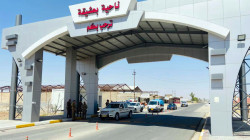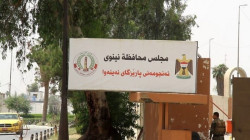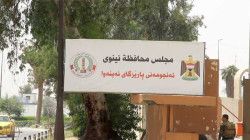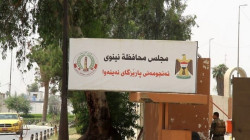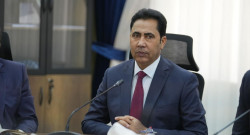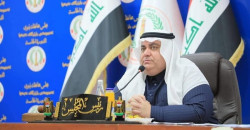After KDP, Unified Nineveh Bloc returns to provincial council for service-related votes
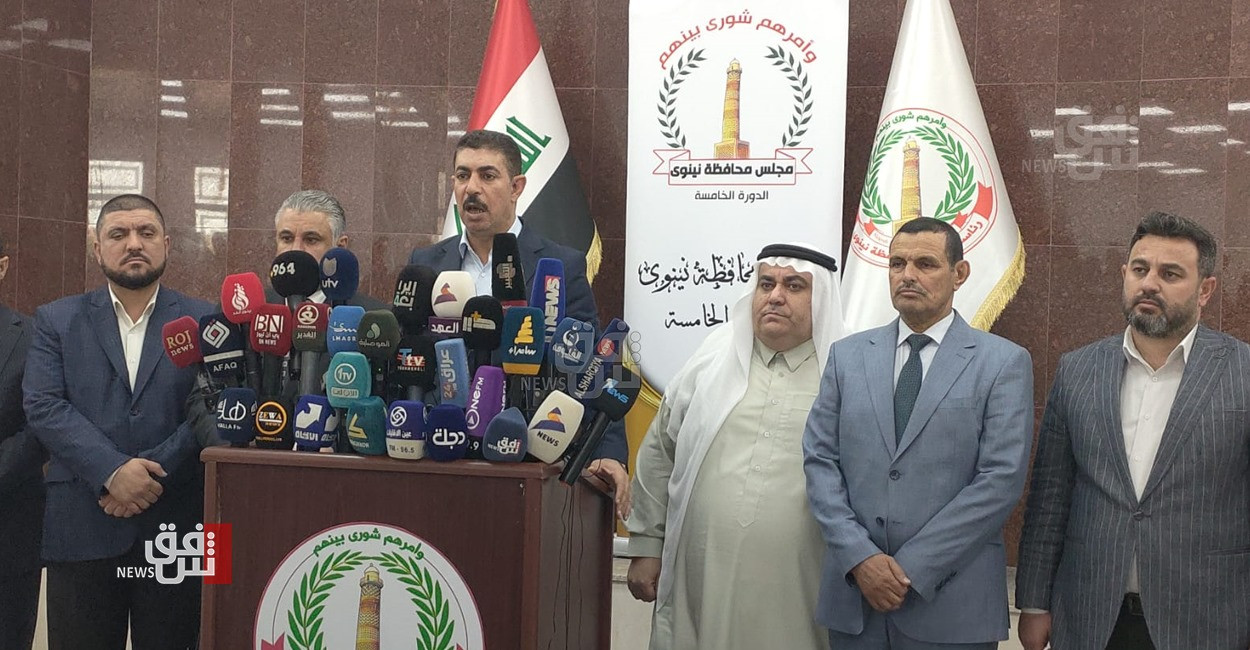
Shafaq News/ The Unified
Nineveh Bloc announced that its return to the Nineveh Provincial Council will
be limited to voting on service-related matters.
On Tuesday, the Council
held its first session after a three-month hiatus, prompted by a political
crisis following a contentious vote on the appointment of administrative unit
heads.
In a press conference,
council member Ahmed Al-Abed Rabbo said, "The Unified Nineveh Bloc has
decided to attend today's session of the Nineveh Provincial Council,”
clarifying that the participation will be restricted to voting on “issues
concerning the Mukhtars and social benefits."
Al-Abed Rabbo added that
the bloc will also attend the council's committee meetings “as part of its
commitment to address essential service issues for the people of Nineveh.” However,
“the bloc will maintain its political reservations until ongoing negotiations
are concluded.”
"We reaffirm our
commitment to serving the interests of Nineveh's residents and will continue to
work towards delivering essential services during these sensitive times,"
Al-Abed Rabbo concluded.
The Unified Nineveh statement
came hours after Ahmed al-Kiki, a member of the Council representing the
Kurdistan Democratic Party (KDP) revealed that the KDP took the same step.
“Today's 18th session
marks the resumption of council meetings after halting meetings for nearly
three months, however, this does not imply acceptance of what happened
previously concerning Future Nineveh's unilateral decision on the heads of
administrative units," said al-Kiki to Shafaq News Agency.
He added that
participation in the current session was necessary to vote on social welfare
measures that benefit Nineveh and could not be postponed, as well as to form a
committee to vet mukhtars for future voting.
The session
follows the end of a boycott by the Unified Nineveh and Kurdistan Democratic
Party blocs, which had been protesting the decision by the Future Nineveh bloc
to replace and appoint leaders of 20 administrative units across the province.
Despite the
participation of the two blocs in Tuesday’s session, sources indicated that deep
disagreements remain unresolved regarding the administrative unit appointments.
A total of
26 out of 29 council members attended the session, with three members absent.
